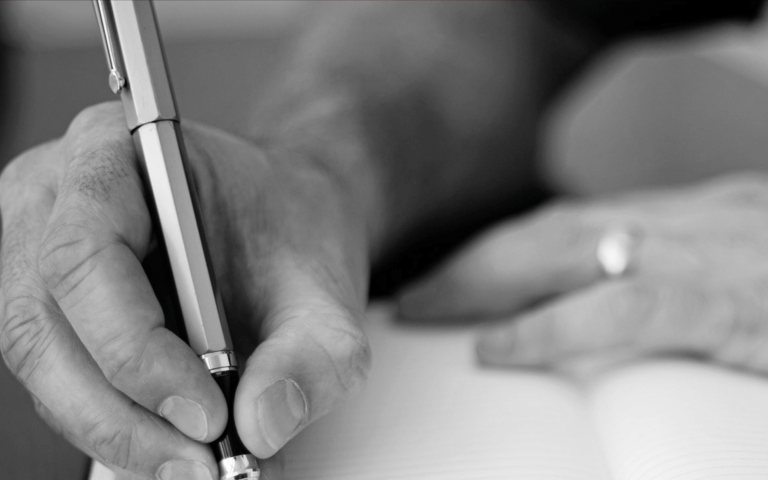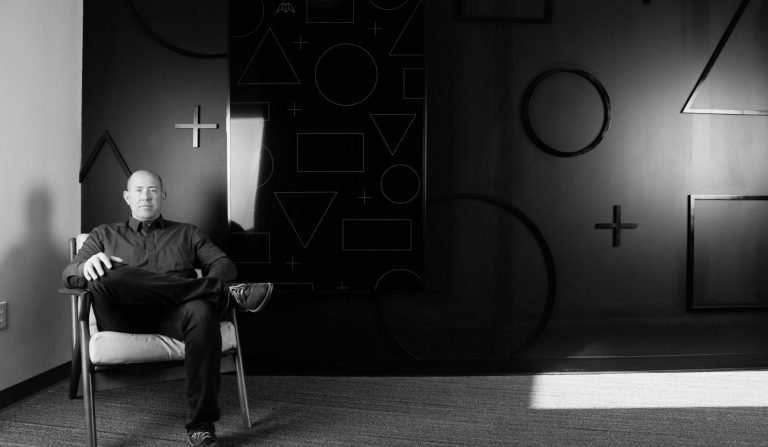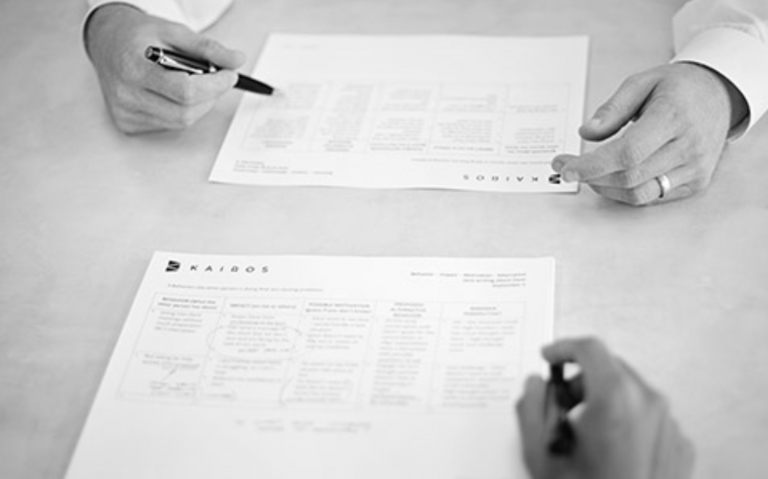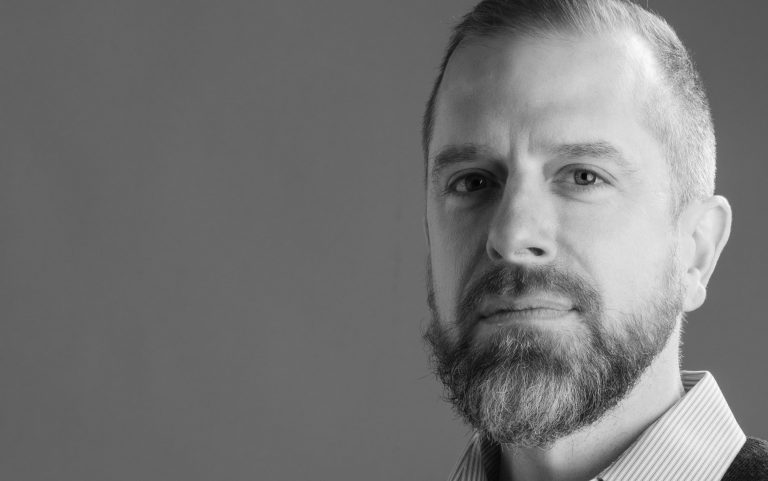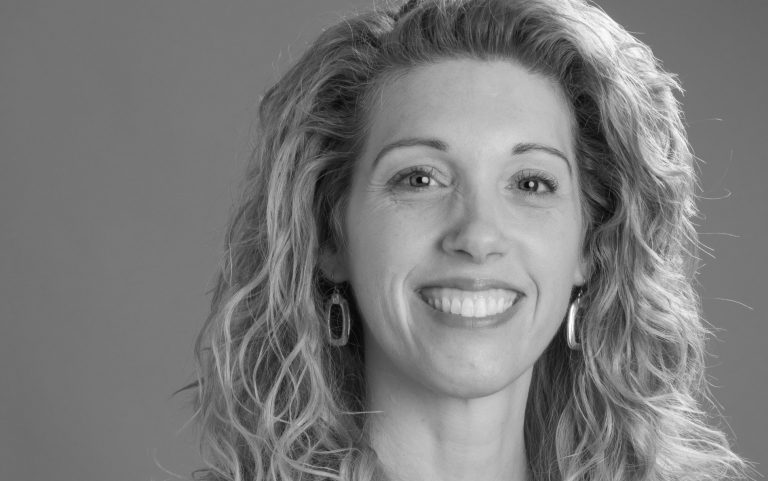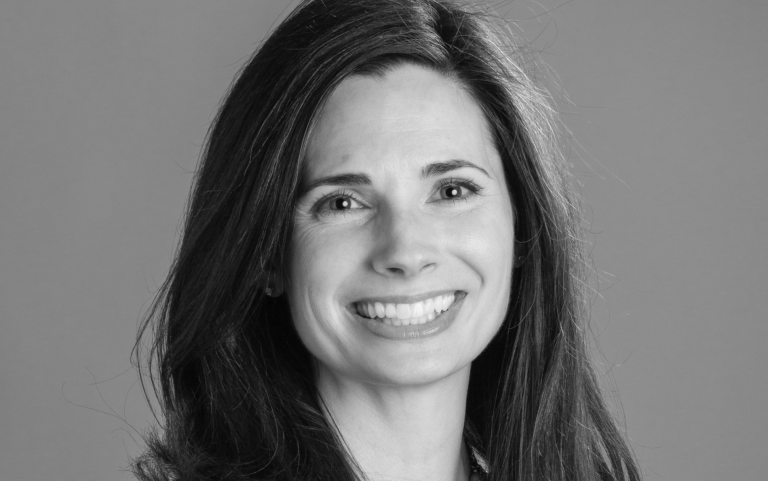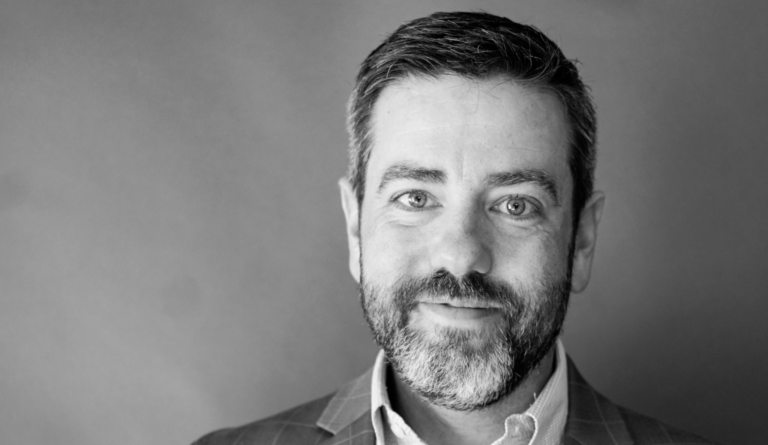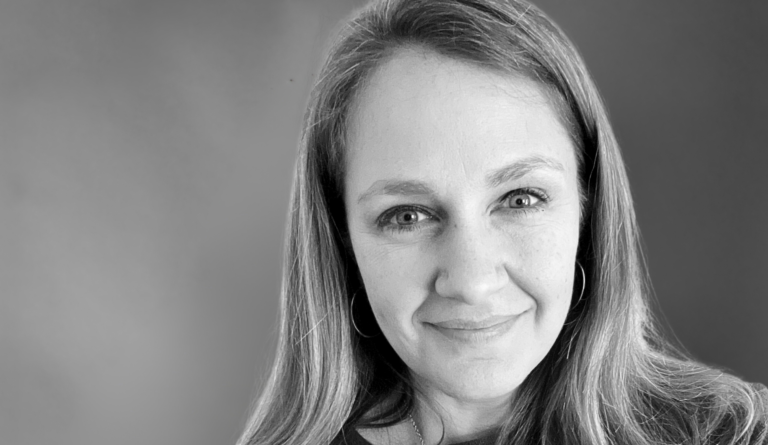I have a complicated relationship with leadership development books and leadership conferences.
I read half a dozen leadership books and attend a handful of leadership development conferences each year. I’m passionate about lifelong learning, personal reflection, and the power of stories and fresh thinking to challenge my status quo. However, I find myself thinking, “This is pretty obvious stuff. Why am I spending all this time and money learning about things I already know I need to be doing?”
The problem isn’t the events or resources. I get caught up in consuming content rather than taking action. There’s always one more webinar. One more book.
What If we threw away all our leadership books, took a conference hiatus, simply applied what we know at this point and focused on two core questions that could transform our leadership? I’ve been wrestling with these two questions and the uncomfortable answers in my own life over the past 6 months.
This has been a tough first half of the year for me. I’ve had to face patterns of behavior that are not good for my relationships with coworkers, family members, as well as my own physical and mental health. I had a health scare this spring and am increasingly aware of the fragility of life and relationships, and of my need for real community. As I’ve reflected on this, it’s become clear that there have been some gaps in my maturity that need work. That’s the normal asymmetrical maturity we all face.
Far more challenging and humbling is the reality that many of my growth areas as a leader are not knowledge gaps, they are self-awareness gaps or application gaps.
There are two essential questions that have been transforming my leadership:
- How do I get timely insight into my blind spots?
- When I know what to do differently, what keeps me from doing it?
Blind Spots
Tasha Eurich — an organizational psychologist, researcher on self-awareness, and author of Insight, says that 95% of people believe they are self-aware. In reality, it’s only 10-15%. That means about 85% of us believe we’re self-aware but aren’t.
In their MIT Sloan Management Review article, How to Become a Better Leader, Toegel and Barsoux write, “The inevitable starting point is self-awareness. Without it, executives will find it hard to evolve or find coping strategies. [I]n a survey of 75 members of the Stanford Graduate School of Business Advisory Council rated self-awareness as the most important capability for leaders to develop.”
So how do I get timely insight into my blind spots? I must surround myself with people who will give me frequent and meaningful feedback rather than hold back. Our Kairos staff meetings and our collaborative work model create opportunities for feedback. For us, feedback is an expected and valued gift – even when it’s uncomfortable. Some uncomfortable feedback from a team member was the launching point for me to take a hard look at several areas of my life this year. It was destabilizing for a while, but I’m glad it’s out there and we can keep working through it together.
I have a client who is starting to cultivate a culture of feedback on the team she manages. She told each person she expects them to bring at least one piece of feedback for her in their bi-weekly 1:1s. It’s not optional. The result: growing trust within the team as well as valuable insights that make them all more effective leaders.
A steady stream of feedback grows our ability to receive feedback graciously and keep self-deception to a minimum. But knowledge isn’t enough.
The Knowledge-Action Gap
This is an age-old problem. We know what to do to be healthy: eat right and exercise. But roughly 1/3 of Americans are overweight. Thanks to leadership development resources, I’d bet you know what to do to lead in a way that helps your organization grow in healthy relationships, trust and collaboration. So why aren’t you doing it?
Leaders who are able to close the knowledge-action gap will stand apart from those who just gather more knowledge or, worse, take action without gathering the knowledge they need.
This is where coaching and our BOX tool have been really powerful for me. I’ve needed wise people to help me wrestle with what’s keeping me applying what I know to do through coaching and sustained use of our BOX (Behavior, Outcome, Trans(X)formation) tool. The secret is in the transformation question. It forced me to articulate my limiting beliefs that must change then do the hard work of living into new beliefs. You can get a free copy of the BOX tool here.
Bottom line: I can’t do this work alone. I’m blind to my own weaknesses. I’m dependent on the people closest to me to tell me the kind and hard truths about myself. The journey of transformation requires truth, grace, grit, and time.
It’s time for action.
What are you going to do to get honest feedback and coaching, and to dig into the hard work of transformation?
It’s not easy. It’s not comfortable. It’s not intuitive. But it’s worth it.

